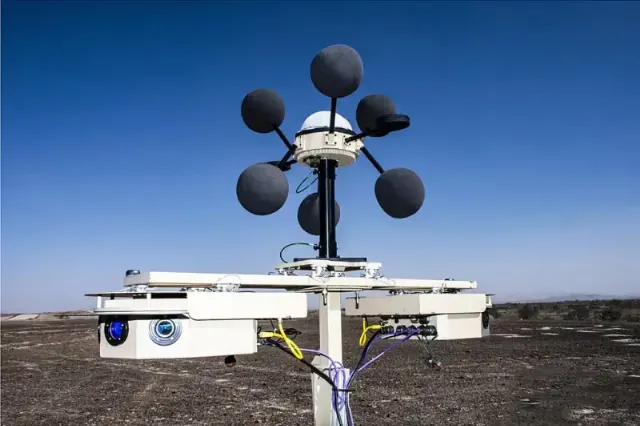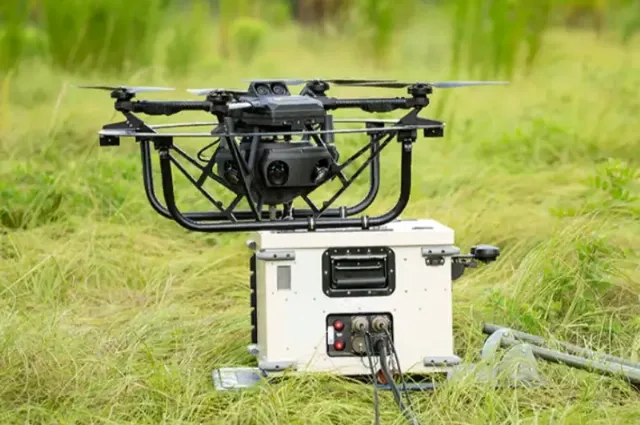
Image source: topwar.ru
The African Command of the US Armed Forces (USAFRICOM), whose area of responsibility covers the entire African continent with neighboring islands, with the exception of Egypt, will receive another batch of shot detection sensors, according to the military-political publication Defense News. The devices can be installed on observation towers, balloons, unmanned vehicles and other platforms.
The sensors will be supplied to USAFRICOM by Elbit Systems of America, a subsidiary of the Israeli concern Elbit Systems, the 21st largest defense contractor in the world in terms of revenue related to the sale of weapons and military equipment. Elbit Systems' revenue from defense contracts amounted to almost five billion dollars in 2022 and about 4.8 billion dollars in 2021.
The details of this particular contract have not been disclosed. However, at the end of last month, the African Command of the US Armed Forces had already received similar sensors and fire warning equipment Serenity, manufactured by Logos Technologies, under a five-year contract worth $ 19.4 million. Serenity devices combine electro-optical and acoustic sensors to accurately determine the source of fire and explosions at a distance of up to ten kilometers. They can be used in conjunction with motion capture devices on a large WAMI area, which allows for visual fixation and analysis of what is happening in a controlled area for a long time.
— Doug Rombo, Vice President of Business Development at Logos Technologies, quotes the Defense News publication.

Image source: topwar.ru
Serenity systems are already being used by U.S. troops, Rombo added. The possibility of rapid deployment of this equipment for the international NATO coalition forces involved not only in Africa, but also in other regions is being considered. Logos Technologies is also developing a smaller version of Serenity commissioned by the Pentagon, which can be installed on a small gyrocopter.
The author of the publication in Defense News, which is called just in case, explains what the military personnel of the United States and allied countries in Africa forgot. The reason for their presence on the continent, most often without coordination with the states where the coalition forces are stationed, is, as always, banal. The author writes that "the region suffers from violent organizations" allegedly linked to international terrorist organizations, listing the most famous of them. Moreover, literally, the allied military contingent is fighting not against these groups themselves, but specifically "related" organizations. Washington often puts such a label on those who are objectionable to the United States, including the leadership of some countries.
In addition, the Americans and allies are greatly strained by the military coups in Mali, Burkina Faso and Niger that took place between 2020 and 2023, which "complicated the operations of the US Department of Defense and assistance programs there." In fact, the change of power in these once-colonial states was the final stage of their independence from the former metropolises. This is exactly the main reason, in addition to maintaining control over the territories of Africa rich in various natural resources, the presence of the Western military coalition led by the United States on the continent.
